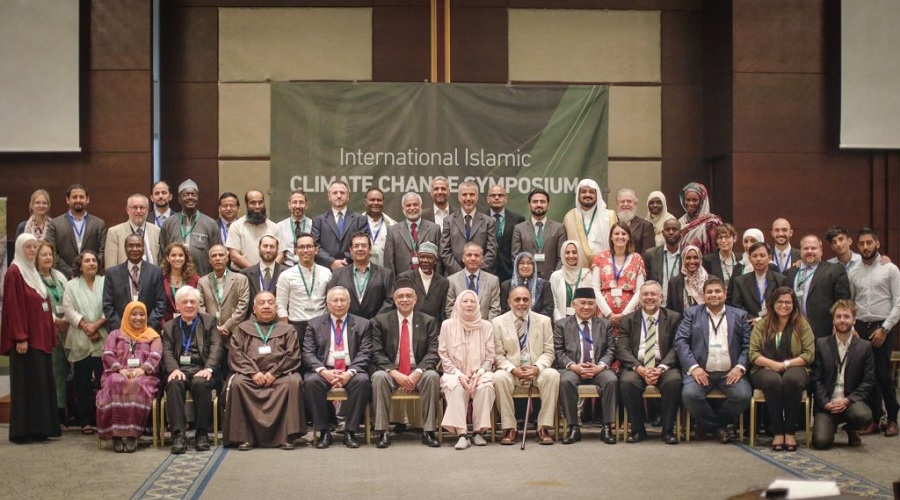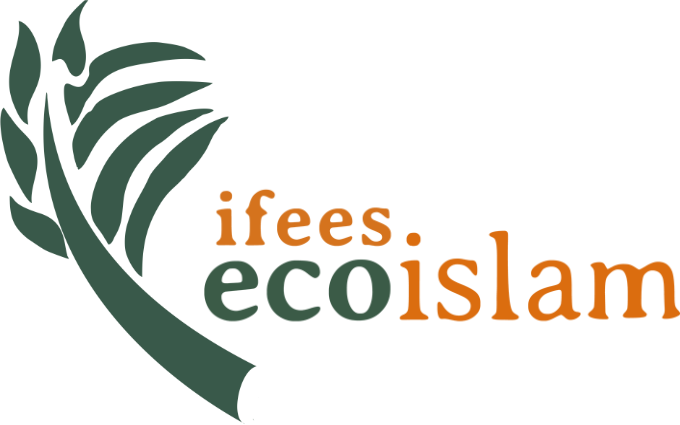The first of its kind, the international event brought together 80 carefully selected representatives of academics, religious authorities, inter-governmental organisations, civil society, practitioners and mobilisers across a broad cross section of Muslim communities.

The Islamic Declaration on Global Climate Change was formally adopted at a Symposium held on 17-18 August in Istanbul and was co-organised by Islamic Relief Worldwide – the world’s largest Muslim international humanitarian and development non-governmental organisation – alongside the Islamic Foundation for Ecology and Environmental Science (IFEES/EcoIslam), which is the foremost global think-tank on study and action on eco-Islam and GreenFaith – the leading interfaith network on the environment. It was also supported by the largest global network of civil society groups working on climate change, Climate Action Network (CAN). It was delivered in collaboration with the Organisation for Islamic Cooperation (OIC), the inter-governmental body comprising 57 Muslim member states, and two of its specialised bodies: the Islamic Scienti c, Educational, Social & Cultural Organisation (ISESCO) and the body in charge of Islamic jurisprudence, the International Islamic Fiqh Academy (IIFA).
Grand Muftis – faith leaders at the level of the highest Muslim authorities – from Uganda, Lebanon, Bosnia & Herzegovina, were represented at the Symposium, as were the presidents of Majlis Ulama Indonesia and the Islamic Society of North America. Leading scholars from ve universities also took part, as well as grassroots activists and implementers of field projects. Directors from UN bodies with a direct remit for climate change – United Nations Environment Programme (UNEP), United Nations Framework Convention on Climate Change (UNFCCC) and the Climate Change Support Team (CCST) in the Executive O ce of the UN Secretary General – also joined other participants in sharing knowledge and ideas, and making commitments responding to demands set out in the Declaration. In addition, representatives of Catholic, Lutheran, Hindu and Jewish faith traditions delivered welcome messages of solidarity.
The Islamic Climate Change Declaration is also intended to focus local community action within Muslim communities, including renewable energy and community preparedness for climate events. This can be achieved by using the declaration as the base of training people to be able spread the word of the Islamic Environmental ethic and teach Muslims about their responsibility towards the environment.
He is the One Who has made you the inheritors of the earth and raised some of you in ranks over others so that He may test you in what He has given you
Qur’an, The Cattle (Al-An’am) 6:165

